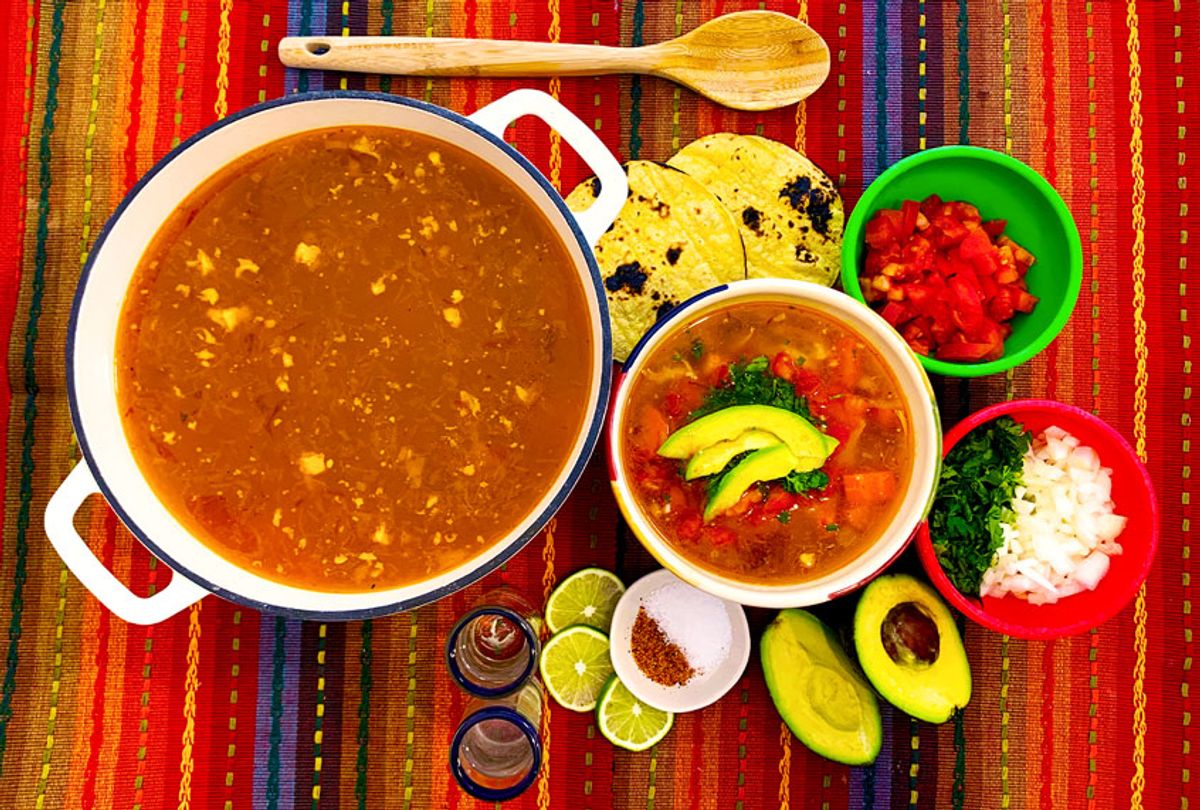While Cinco de Mayo is typically celebrated in America as a holiday dedicated to frozen margaritas and guacamole, there is a deeper history behind the day that often gets erased stateside.
Cinco de Mayo, also known as Battle of Puebla day, celebrates the victory of the Mexican army over France on May 5, 1862. It's important to note that this is not Mexico's Independence Day, which falls on September 16.
Related: This one-pan Mexican dish is the epitome of comfort food — and it comes together in only 15 minutes
The story goes as follows: Mexico was in dire financial straits after the country defaulted on loans owed to France under Napoleonic rule. France chose a path of aggression, viewing the debt owed as a larger opportunity to take a slice of the South American nation.
And so, thousands of French soldiers descended upon Veracruz, Mexico, to begin the David and Goliath-esque matchup. After successfully forcing the President to retreat, they set their sights on Puebla, where Texas-born General Ignacio Zaragoza gathered his own rag-tag army to hold down the fort.
The Battle of Puebla itself was a face-off between 6000 French troops and 2000 Mexican soldiers, with the latter sorely under-armed and unprepared to hold off the invaders. The battle raged from morning until evening. Miraculously, the Mexican fighters were able to hold their own and force retreat from the French. It was a symbolic victory for the resistance movement within Mexico.
CInco de Mayo is a cause for celebration in Puebla itself — often marked with traditional foods like molé poblano, tamales and caldo de pollo — but is actually not a huge holiday nationally in Mexico.
In the U.S. it has, however, evolved into a celebration for Mexican-Americans to pay homage to their heritage as well as their indigenous roots. While the victory of Zaragoza and his soldiers may have little to do with their neighbors up North, it is a testament to the tenacity of the Mexican people.
Related:



Shares